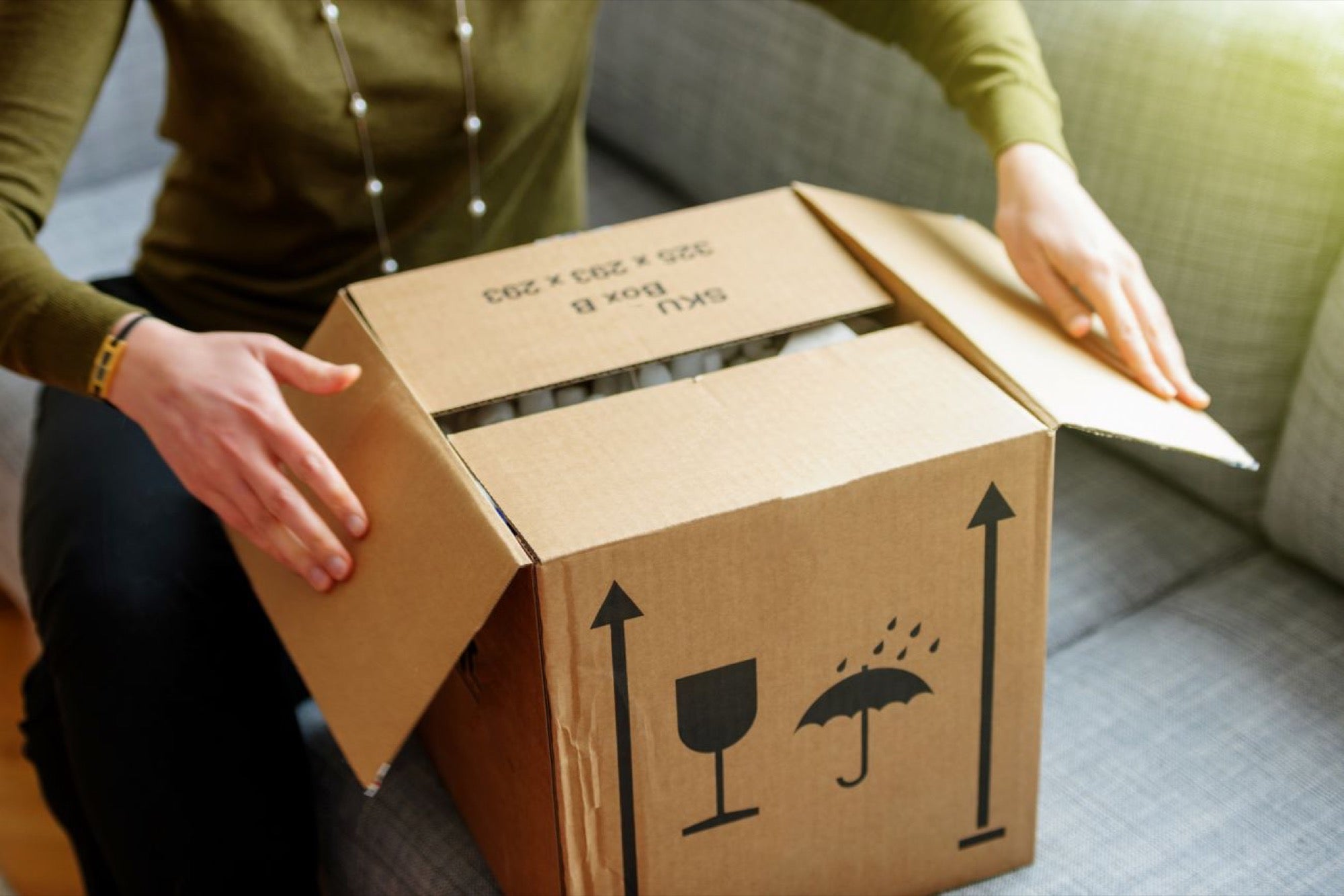
However, the customer may have a workable solution: peer-to-peer returns. Peer-to-peer return models connect returned product with shoppers still hoping to score something they missed, and aim to curtail waste. In the U.K. alone, returns cost retailers roughly 7 billion pounds annually. According to shipping provider Pitney Bowes’ BoxPoll survey, online returns cost retailers an average 21 percent of order value assuming the item is resold.
Owens vowed to solve the problem herself, and peer-to-peer returns solution Greenlist was born. This March, the three-year-old company was named as part of the latest cohort for the New York Fashion Tech Lab, alongside start-ups like Dress X, a platform for digital garments.
Starting with apparel and footwear categories because they’re easiest to ship, Greenlist plugs into a brand or retailer’s existing Shopify network. Appearing on the e-commerce website as a button for customers, the feature works by essentially connecting supply (a return) and demand (someone wanting to buy that sold-out item in their chosen size or style). All shoppers have to do is add something to their “greenlist.” When someone is ready to return their item, a prepaid shipping label is generated and the item is routed to the customer. Customers get a slight discount (10 percent or more) on an otherwise new-with-tags item and retailers mitigate logistic and inventory overhead. Not to mention the environmental benefits.
The premise is, “Instead of doing something wasteful I can send it along to someone who will love it,” Owens told WWD. “It’s clear evidence that stores really struggle with returns. We need customers to know this is a really big problem that customers will have to get used to [as the kinks are smoothed out].”
When Zara announced a rollback of its free returns earlier this month, reactions spanned praise from eco-enthusiasts — for causing customers to think before they click buy — to price-savvy fashionistas dreading the price hike.
Commenting on the Zara returns news, Owens said: “Free returns are not free or easy for anyone except the customer. Yes, the company wants to cut costs but it also forces consumers to be more thoughtful.”Greenlist is launching with its first partner Vestique, a Southern regional retailer with 10 store locations, this June. Meanwhile, fit tech companies, like 3DLook (with its virtual fitting room technology “YourFit” used by Dickies and Tailored Brands) have been singing the praises of a better fit in reducing returns, but hope to make it even easier.
➔ Read the full article on WWD
